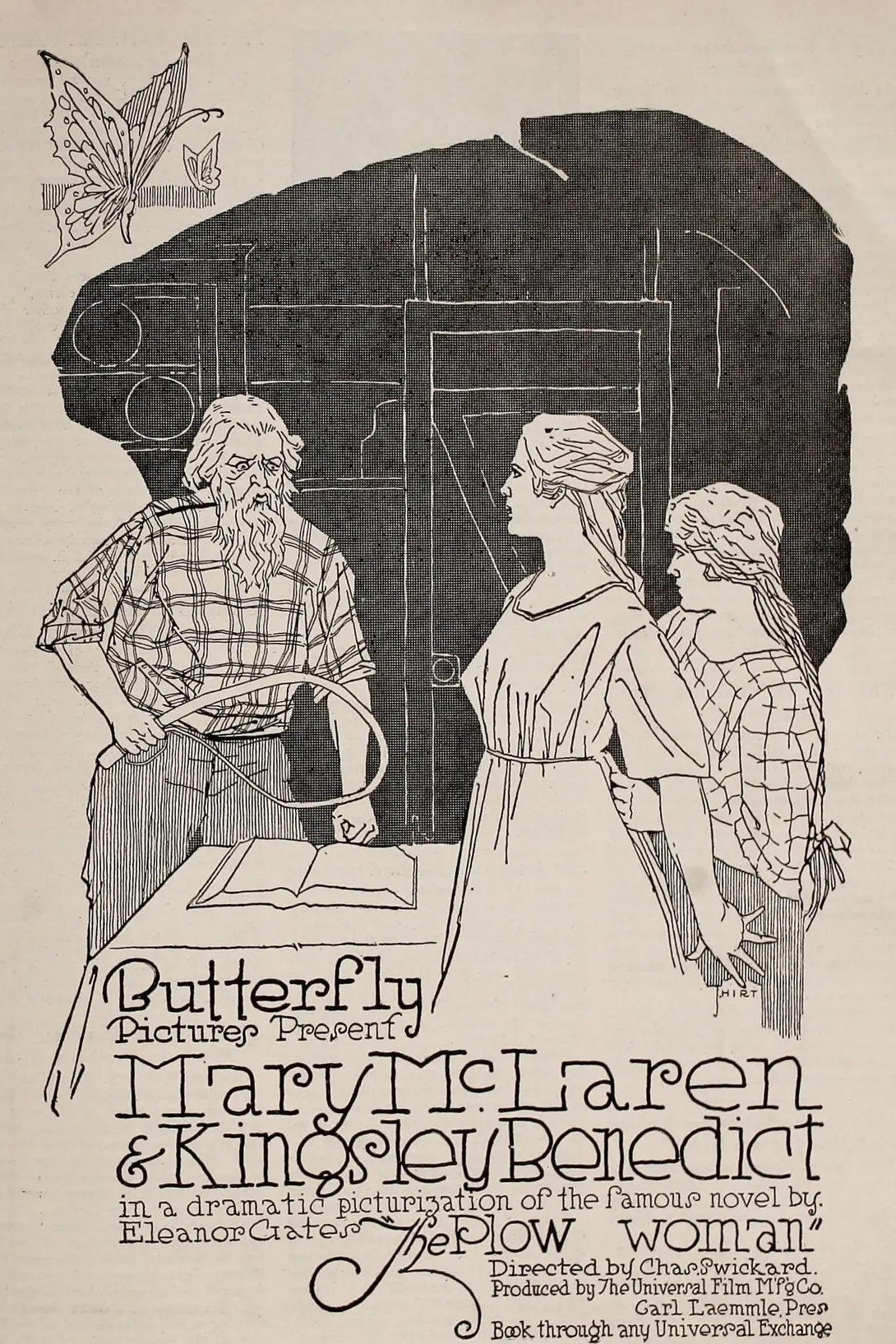In a small rural village during wartime, we follow the life of a strong and determined woman who, after losing her husband at the front, takes on the responsibility of the household and the family farm. Her life becomes complicated when she faces social pressure from those who believe a woman cannot manage a property on her own. Despite the scorn and doubt surrounding her, our protagonist refuses to give up. With her cunning and the support of a few loyal friends, she takes up the plow and becomes a symbol of resistance and resilience in her community.
As she battles against both internal and external obstacles, the woman experiences moments of joy and sadness, personal discoveries, and the need to care for her children, who long for their father. Throughout her journey, the narrative addresses the conflict between traditional values and the emerging concept of female independence. The hard work in the fields, droughts, and adversities intertwine with the dramatic changes in her life, as well as interactions with a young neighbor who begins to take an interest in her.
The story becomes a powerful reflection on the role of women in times of crisis, highlighting their strength, vulnerability, and ability to prevail, while challenging the norms of a changing society. With profound lessons about love and struggle, the portrayal of her life on screen resonates with the audience, illustrating the power of the human spirit.
